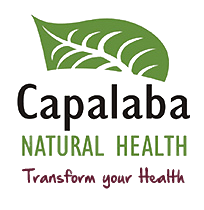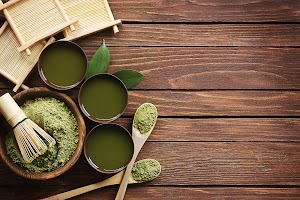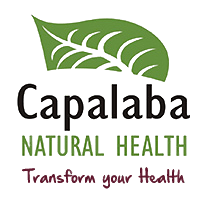The Low-Down On Cholesterol
It seems that everyone is talking about cholesterol these days, but do you really know what it is?
What can you do to maintain healthy cholesterol levels?
Cholesterol is a type of fat that is carried around in the blood. It performs useful functions in the body and is a major building block for cells and many of your hormones, including oestrogen, testosterone and cortisol. Cholesterol is also important for the synthesis of vitamin D, as well as bile acids which aid in the digestion of fats. Our bodies manufacture cholesterol but it can also be found in foods containing saturated fats. It is important to check your cholesterol levels regularly. Even though our bodies need some cholesterol, having high cholesterol can be bad for your health and increase the risk of cardiovascular disease.
The Good vs. The Bad Cholesterol Read More


